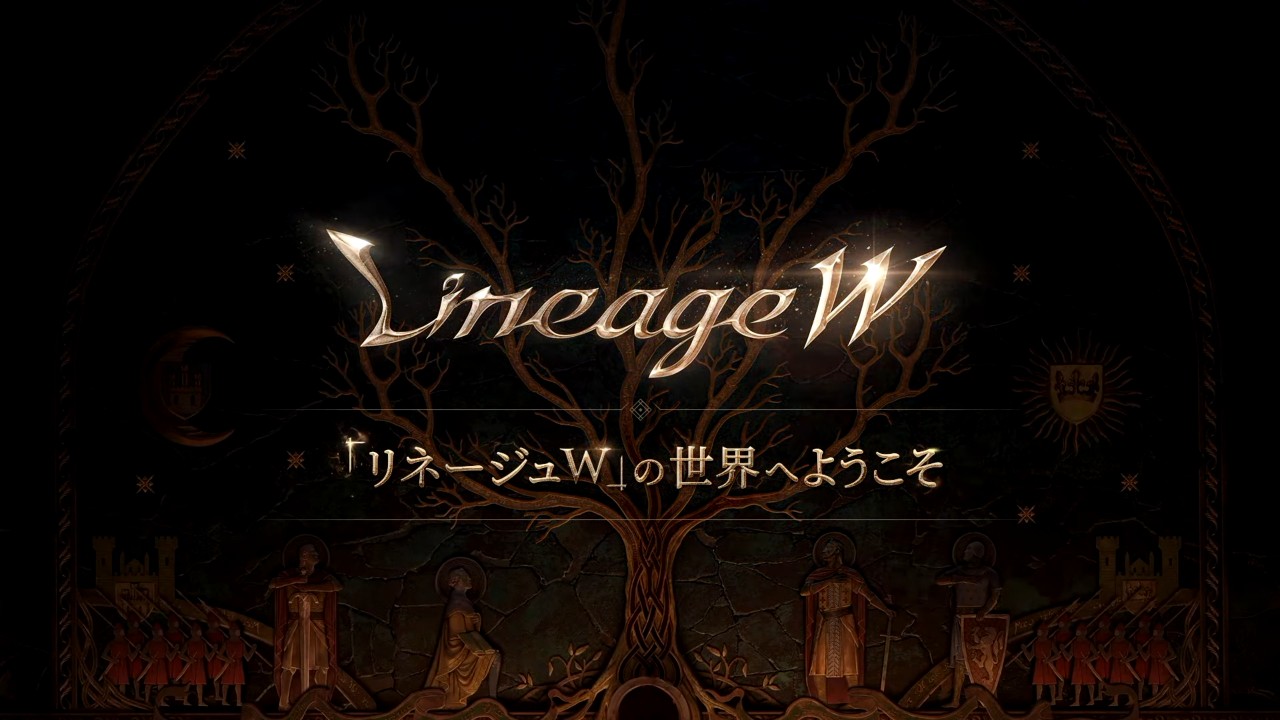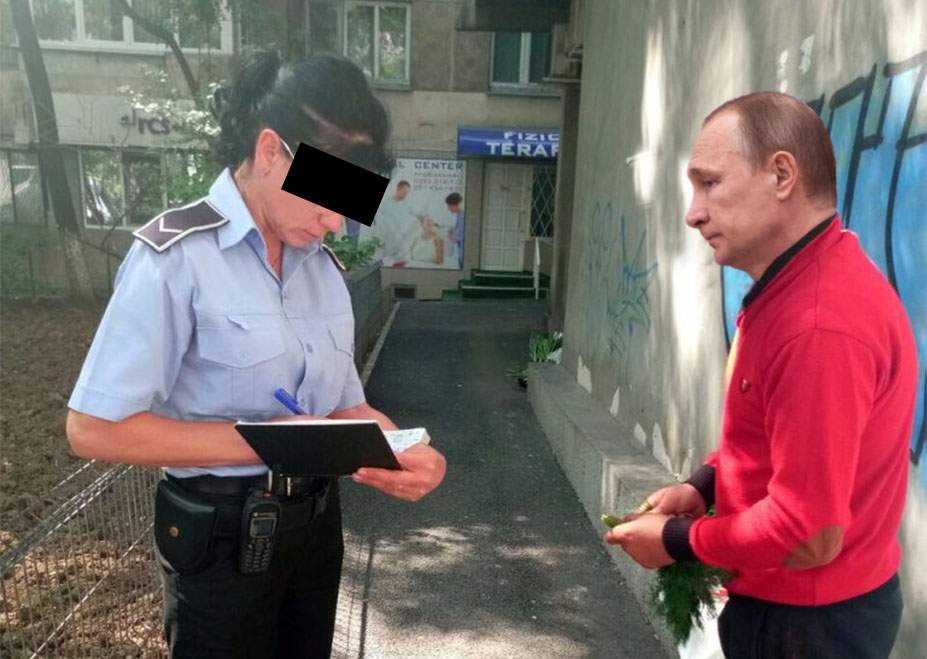Food systems are estimated to account of a third of Europe’s greenhouse gas (GHG) emissions and 28% of its land footprints. But a significant amount of food produced for human consumption is either discarded in the field or thrown in the bin.
Globally, one-third of all food production is discarded annually. Not only is this figure at odds with food security efforts (close to 690m people are undernourished worldwide), but it does not make financial sense. According to 2018 findings, industrialised nations face almost double the costs of food loss and waste compared to developing countries.
Efforts to reduce food waste in Europe are underway. In Europe, the Commission has proposed legislation that would see 10% food waste reduced in process and manufacturing, and 30% jointly at retail and consumption levels by 2030.
The EU has also committed to UN Sustainable Development Goal 12.3: to halve per capita global food waste across the entire food supply chain by the same deadline.
But just how might such a reduction impact environmental footprints in Europe? Fresh research out of Denmark has sought to find out.
In a study conducted by researchers from Aalborg University and the University of Copenhagen, as well as the United States Department of Agriculture, a multiregional input-output model was used to estimate the global energy and environmental footprint savings across all stages of the food supply chain.
Findings were significant: if food loss and waste is halved along the food supply chains associated with Europe’s food consumption, 8% of GHG emissions (51m tonnes CO2eq) caused by food consumption in Europe would be saved.
6% of agricultural areas and 6% of grazing areas (equating to 12% of agricultural areas in total) would also be reduced, given that grazing areas are used for livestock.
The researchers also found that water consumption would be reduced by 7%, as well as 14% of energy embodied in the food production for the citizens of Europe.
The greatest potential for savings was found in Western Europe. However, wealth was not found to necessarily correlate with higher environmental savings: countries with a lower per capita GDP such as Greece, Croatia, Bulgaria and Romania also demonstrated significant per capita savings potential.
Given the overall study findings, Marianne Thomsen, lead researcher and professor of sustainable food systems at the Department of Food Science at the University of Copenhagen is calling for investment in solutions to reduce food loss and waste at all stages of the food supply chain.
“Halving Europe’s food loss and waste, together with a redistribution of global food resources, could solve the challenges of food shortages in the world,” said Thomsen.
So how can food loss and waste reduction efforts be improved? According to the lead researcher, monitoring and reporting of food loss and waste by all actors along the food supply chain would be an important step in the right direction.
“Such a policy instrument may, supported by other types of policy instruments, be a strong incentive for companies and the rest of society to invest time and money in new technology and collaboration to prevent food loss and waste by closing the loop along the food supply chains within local circular food systems.”
Industry can also help move the needle on food waste reduction by favouring upcycled raw materials, or by encouraging reduced consumption amongst consumers where appropriate.
“The companies can collaborate on sustainable innovation in circular symbioses where side streams are utilized for producing upcycled ingredients and products,” said Thomsen.
“As another example, the service industry can apply upcycled ingredients produced from surplus food in the wholesale sector, while at the same time nudge costumers to take smaller portions by reducing the plate size.”
Source: Environmental Science & Technology
‘Potential Energy and Environmental Footprint Savings from Reducing Food Loss and Waste in Europe: A Scenario-Based Multiregional Input-Output Analysis’
Published 20 October 2023
DOI: https://doi.org/10.1021/acs.est.3c00158
Authors: Albert Kwame Osei-Owusu, Quentin D. Read, Marianne Thomsen
Note: This article have been indexed to our site. We do not claim legitimacy, ownership or copyright of any of the content above. To see the article at original source Click Here













